Are you familiar with energy drinks? If so, then you must have heard of Zest Energy Tea.
Caffeine and other substances that are commonly found in energy drinks are added to teas by the brand Zest. It doesn’t always follow, though, since it can’t provide the same energy boost as energy drinks.
Zest Energy Teas are available in cans and teabags, come in a variety of flavors, and can give you an energy boost without making you jittery.
In addition, Zest Energy Teas have little to no sugar and are plant-based, vegan, keto-friendly, and gluten-free. Zest Energy Teas include up to 150 mg of caffeine along with healthy nutrients including ginger root extract.
Zest energy tea receives an 8 out of 10 from me because of how healthy it is in every way. Additionally, it has a variety of tastes, making it simple for you to select your favorite.
Continue reading to learn about the elements in Zest Energy Teas that may be good for your health. Let’s begin immediately.
Contents
Zest Energy Tea: Nutritional Information
There are several types of Zest Energy Teas:
- Energy Tea Zest
- Zero Zest Energy Tea
- Tea with Zest Energy Loose Leaf
- Tea with CBD called Zest Energy
- CBD Zest Energy Tea (low caffeinated).
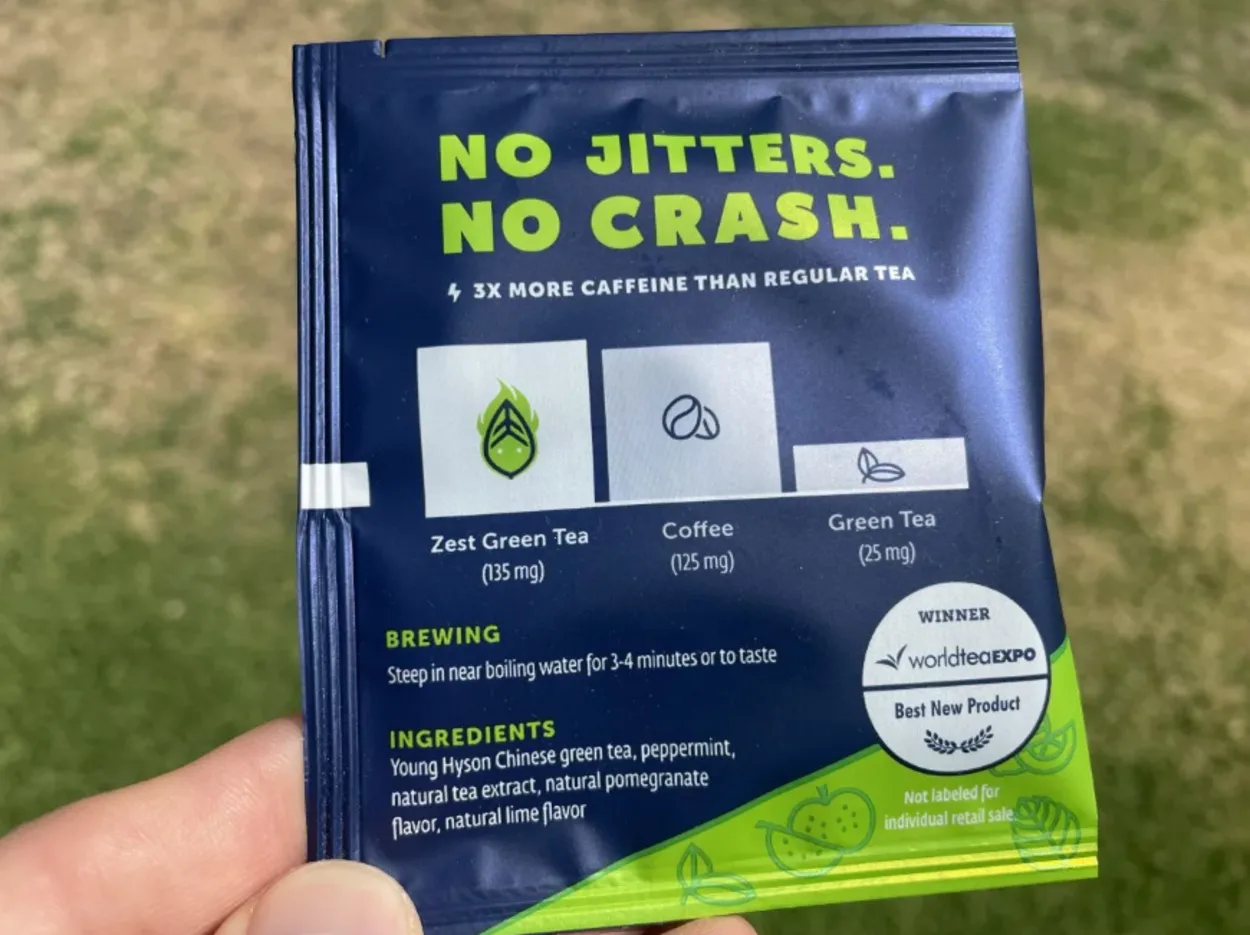
Check out the nutritional information for Zest Energy Tea:
| Nutrients | Values Per 12 oz can |
| Calories | 60 |
| Caffeine | 120 to 150 mg |
| Fat | 0 g |
| Sodium | 50 mg |
| Carbohydrates | 15 g |
| Sugar | 14 g |
| Protein | 0 g |
| Niacin | 21 mg |
| Vitamin B6 | 2 mg |
| Vitamin B12 | 3.6 mcg |
| Pantothenic Acid | 5 mg |
Zest Energy: Ingredients
You should review all of the ingredients in each edition of Zest Energy Tea to get a better understanding of them.
Zest Energy Tea
- Carbonated Water
- Cane Sugar
- Black Tea
- Citric Acid
- Natural Flavors
- Sodium Citrate
- Green Tea Extract
- L-Theanine
- Niacinamide (Vitamin B-3)
- Calcium D Pantothenic (Vitamin B-5)
- Pyridoxine Hydrochloride (Vitamin B-6)
- Cyanocobalamin (Vitamin B-12)
- Natural Caffeine
Zest Energy Tea Zero
- Carbonated Water
- Green Tea
- Citric Acid
- Natural Flavors
- Natural Green Tea Extract
- L-Theanine
- Stevia Leaf Extract
- Natural Caffeine
Zest Energy Loose Leaf Tea
- South Indian Flowery Orange Pekoe Black Tea
- Cornflower Petals
- Hibiscus Flowers C/S
- Orange Peel
- Juicy Lemon
- Natural Flavors
- Natural Caffeine
Zest Energy CBD Tea
- South Indian Flowery Orange Pekoe Black Tea
- Premium Hemp-Derived THC-Free CBD Extract
- Cornflower Petals
- Hibiscus Flowers C/S
- Orange Peel
- Juicy Lemon
- Natural Flavors
Zest Energy CBD Loose Leaf Tea
- South Indian Flowery Orange Pekoe Black Tea
- Premium Hemp-Derived THC-Free CBD Extract
- Cornflower Petals
- Hibiscus Flowers C/S
- Orange Peel
- Juicy Lemon
- Natural Flavors
- Natural Caffeine
Zest Energy: Caffeine Content
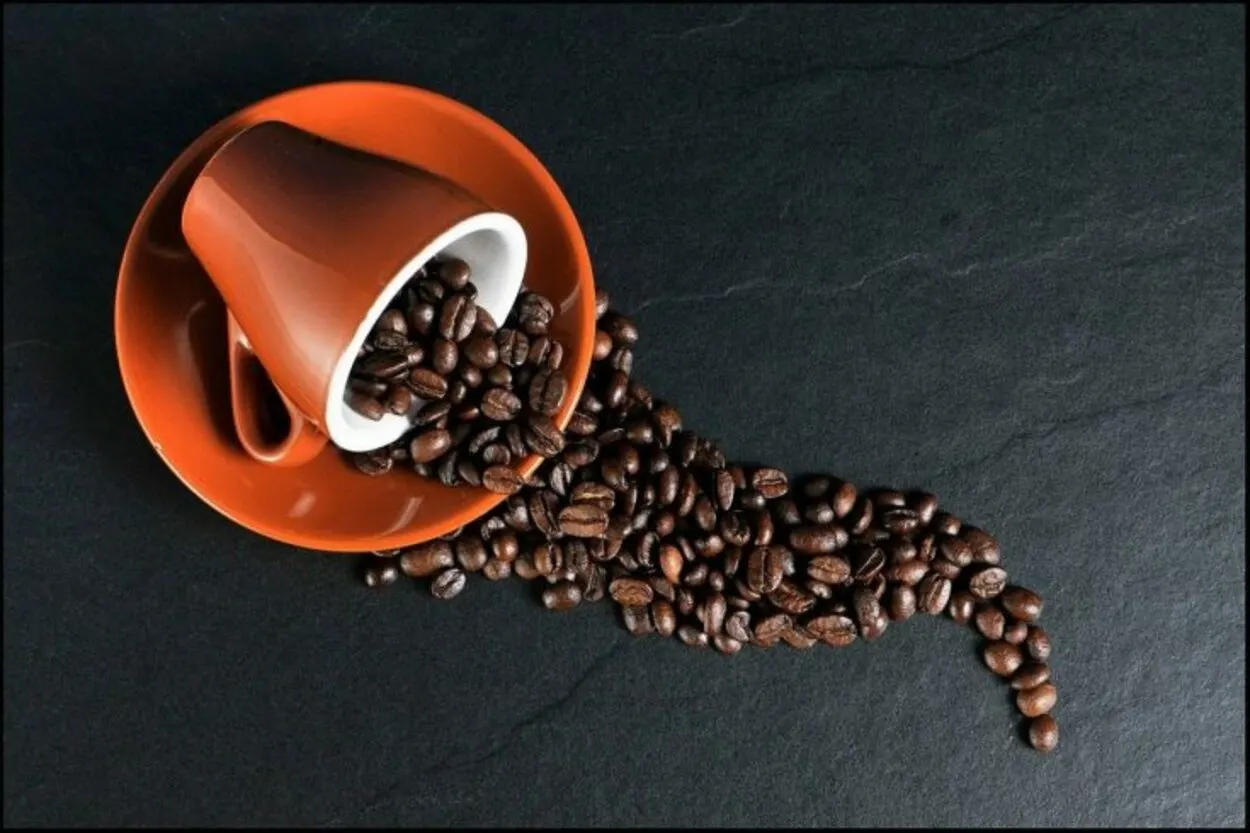
Caffeine is an active component that boosts energy by stimulating the central nervous system and the brain. Additionally, caffeine may considerably improve both your physical and mental performance, which will raise your productivity.
There are several varieties of Zest Energy Tea with varying amounts of caffeine.
- Between 120 mg and 150 mg are in Zest Energy Tea
- 120 mg makes up Zest Energy Tea Zero
- Between 135 and 150 mg are included in Zest Energy Loose Leaf Tea
- Both Zest Energy CBD Tea and Zest Energy CBD Loose Leaf Tea include 60 mg of caffeine
When used in moderation, caffeine is beneficial to your health. Zest Energy Tea contains natural caffeine, which is superior to synthetic caffeine since it also contains beneficial ingredients.
However, whether it is natural or not, caffeine should only be used within the advised limits to avoid negative effects such as:
- Uncertainty and Unease
- Insomnia
- Headaches
- Dizziness
- Increased Heartbeat
- Dehydration
- Anxiety
- Addiction
The FDA advises healthy individuals to keep their daily caffeine intake to 400 mg or less.
Although Zest Energy Tea contains natural caffeine, some people may find it to be too much. Therefore, if you are sensitive to caffeine, I advise you to drink Zest Energy Tea sparingly.
The following is a list of the adverse outcomes linked to caffeine sensitivity:
- Increased Heartrate
- Headache
- Jitters
- Anxiety
- Restlessness
- Insomnia
Furthermore, I don’t think drinking Zest Energy Tea will lead to caffeine dependence so have fun!
When you regularly consume large amounts of caffeine, you might get dependent on it and will need to increase your intake to meet your daily caffeine demands. If you don’t, you will experience the negative effects of caffeine withdrawal.
Here are the symptoms associated with caffeine withdrawal:
- Headaches
- Fatigue
- Drowsiness
- Dysphoria
- Depression
- Irritability
- Inability to focus
- Nausea
- Soreness
Zest Energy Tea: Sugar Amount
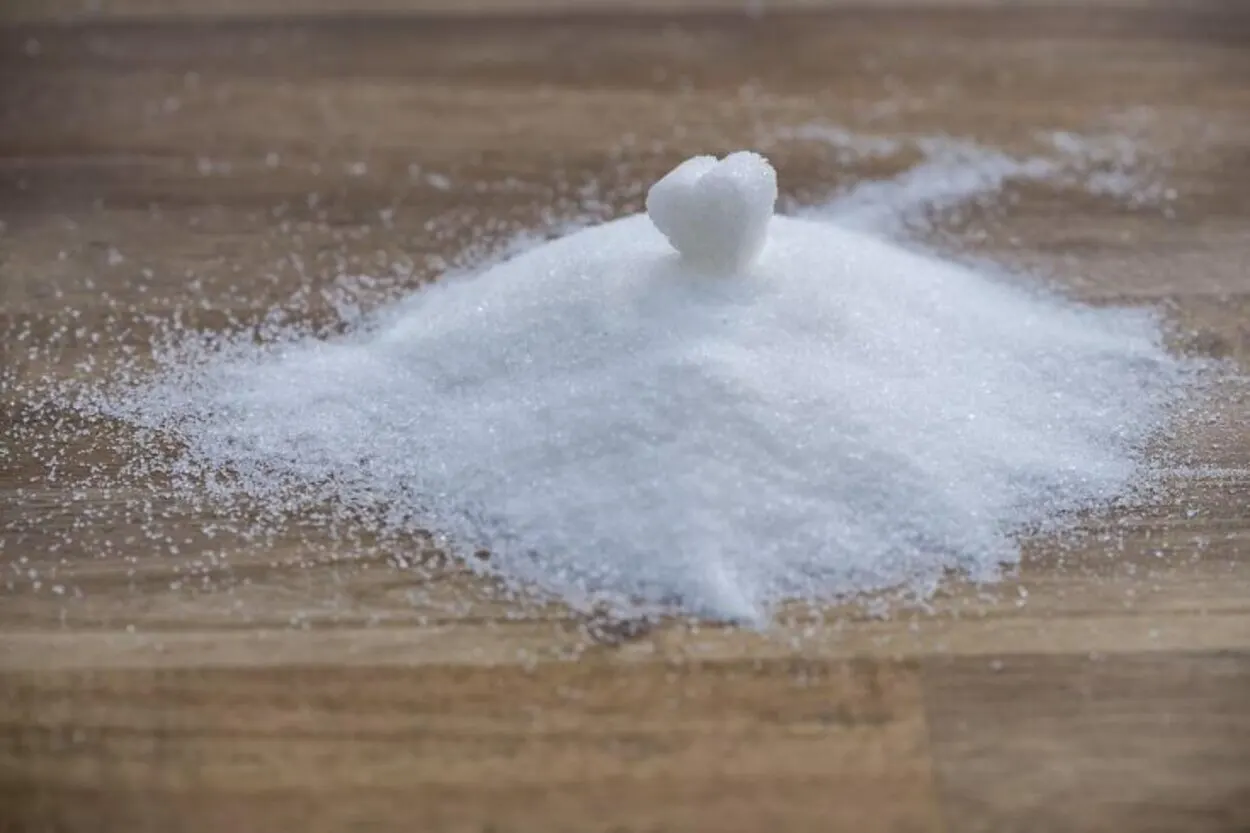
Energy drinks utilize significant amounts of sugar, which is seen as another source of energy. Additionally, sugar can give the beverage a sweet flavor while masking the harshness of other substances.
However, it shouldn’t be used as an excuse to consume large amounts of sugar because it has several negative side effects. Fortunately, while Zest Energy Loose Leaf Tea, Zest Energy CBD Loose Leaf Tea, and Zest Energy Tea have 0 sugar per 12 oz, Zest Energy Tea and Zest Energy Tea Zero do.
Although the 14 g of sugar in a 12 oz can of Zest Energy Tea is somewhat more than the recommended amount, there is less likelihood that intake would cause unwanted effects.
Nevertheless, if you don’t want any of the negative consequences linked to consuming too much sugar, I strongly advise you to keep below the limitations.
Here is a list of negative impacts that excessive sugar consumption may have:
- Headaches
- Irritability
- Fatigue
- Feeling faint
- Severe hunger
- Bloating
- Increased blood pressure
- Inflammation
- Rapid weight gains
- Diabetes
- Fat in the liver
- Increased risk of heart attack or stroke
Women can regularly consume 25 g of sugar, while males can consume 36 g, according to the AHA.
The odds of you experiencing any of those negative effects are extremely low as long as you keep below the limitations.
Zest Energy Tea: Calorie Count
As long as they are consumed in moderation, calories maintain your health just as much as any other nutrient does. Your body’s energy levels are also influenced by calories; in general, the more calories you consume, the more energy you’ll have.
However, consuming too many calories might result in weight gain and obesity.
It’s good to know that Zest Energy Tea only has 60 calories and that Zest Energy Tea Zero and Zest Energy Loose Leaf Tea have no calories.
Research suggests that women and men should consume 2000 and 2500 calories daily, respectively.
Zest Energy: How Healthy Is It?
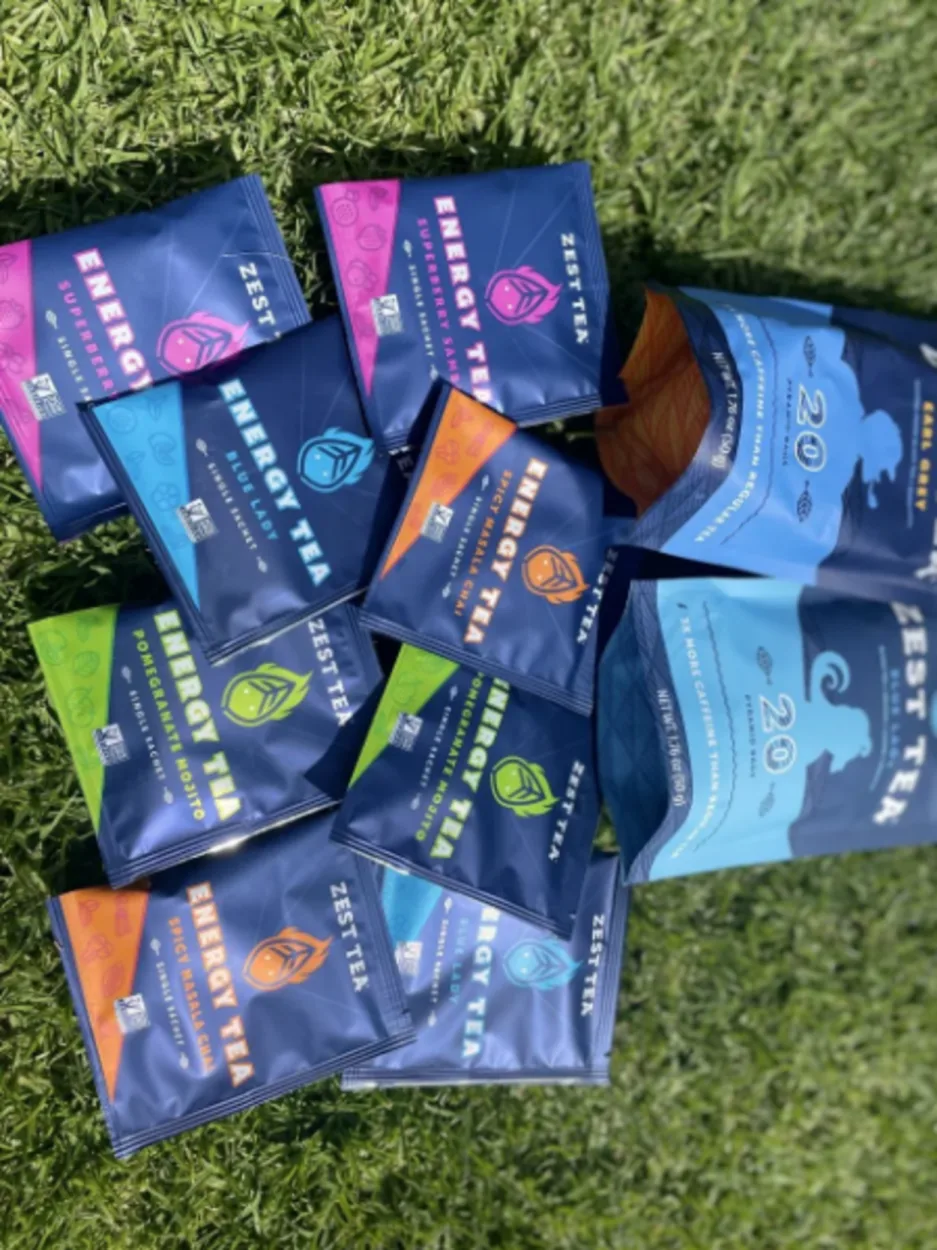
There are several flavors and variations of Zest Energy Teas, all of which are fairly healthy because they include all the necessary vitamins, reasonable amounts of caffeine, and additional nutrients like ginger root and l-theanine.
You may get a solid two to three hours’ worth of sustained energy from one serving of Zest Energy Tea. Additionally, because it contains vitamins and several other nutritious elements, it will keep you healthy.
Although Zest Energy Tea‘s products are made from plants, I still encourage you to use them in moderation.
Zest Energy: Alternatives

Your next go-to energy drink may be Zest Energy Tea, but because some individuals need more zest than others, you might want to consider these choices instead:
Zest Energy: FAQs
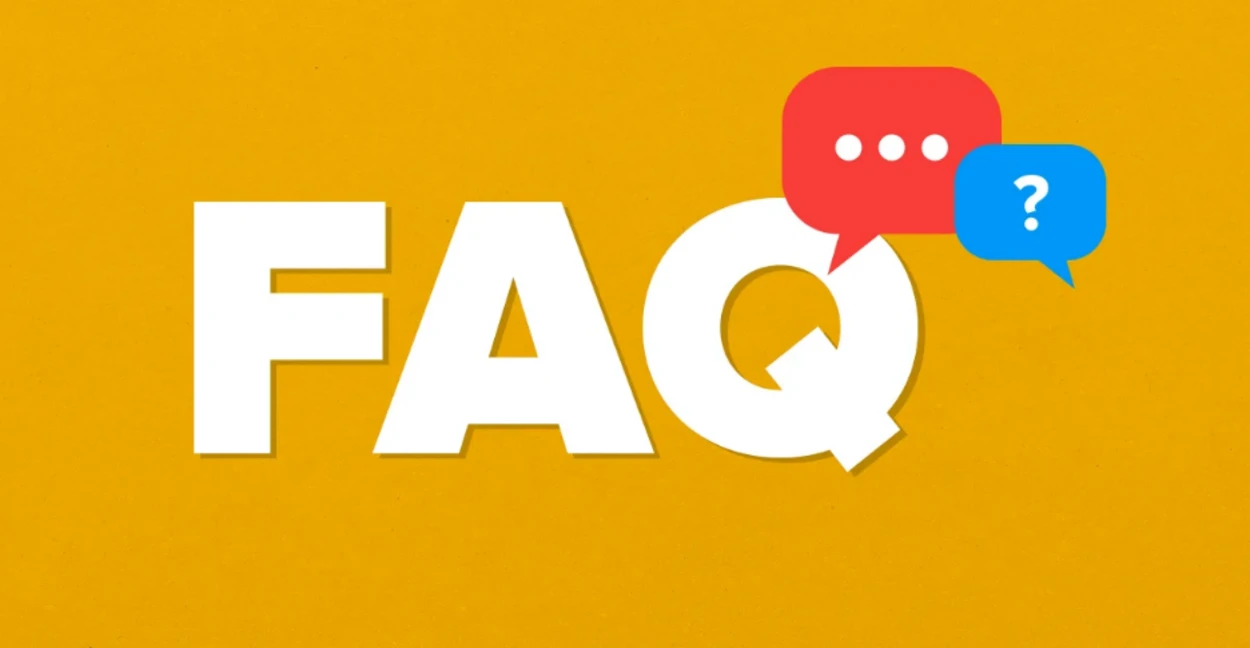
Q. Does Zest Energy Tea Contain Caffeine?
Caffeine content ranges from 120 to 150 mg. Since the amount of caffeine that occurs naturally in teas varies, the actual value may be a few milligrams more or lower than the range that is mentioned.
Q. Can Pregnant Women Drink Zest Energy Tea?
As long as you don’t consume more than two or three cups of any of these herbal teas each day, you should be OK drinking them, as stated by Health Canada.
Q. How Much Water Should be Added to a Cup of Zest Tea?
You may enjoy any of the flavors of our Zest hot tea in an iced beverage, so choose your favorite and make it using the procedure described in level 1. If you want to prepare enough hot tea to fill an entire pitcher with iced tea, you will first need to boil a significant quantity of hot tea. One tea bag should be used for every serving, and 250 milliliters of water should be used.
Conclusion
- I give Zest Energy Teas an 8 out of 10 since it has all-natural components that are good for your health.
- In addition to Zest Energy Teas, Zest Energy Tea Zero, Zest Energy Loose Leaf Tea, Zest Energy CBD Loose Leaf Tea, and Zest Energy CBD Tea all provide a wide range of tastes in a variety of types.
- All Zest Energy Teas products are sugar-free and calorie-free. However, Zest Energy Teas includes 14 g of sugar and 60 calories, whereas Zest Energy Tea Zero also has 14 g of sugar but no calories.
- Every product has a different caffeine content; for example, Zest Energy Teas Zero has 120 mg of caffeine, whereas Zest Energy Loose Leaf Tea has 135 to 150 mg.
- Additionally, if you drink Zest Energy Teas in moderation, it may be beneficial for your health.
